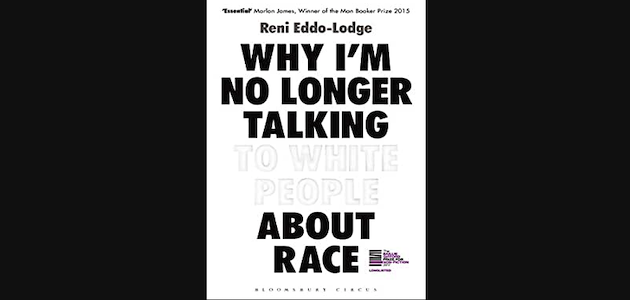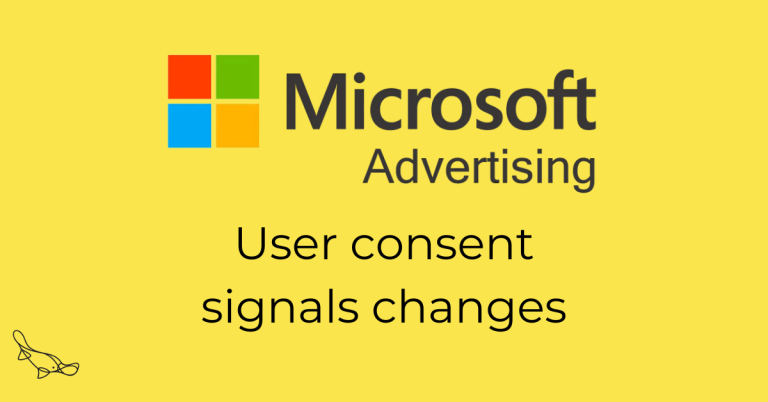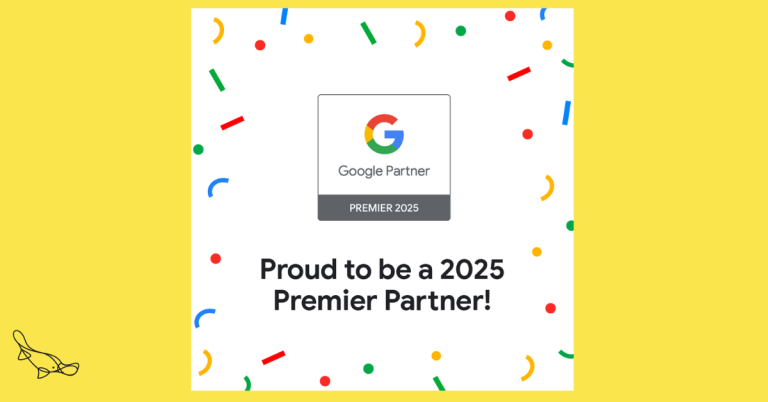Like the rest of the world, we’ve been affected by the murder of George Floyd.
He an unarmed black man. A Minneapolis police officer kneeled on his neck. He told them “I can’t breathe”, over and over. After 8 minutes and 46 seconds, he died.
We are part of a white industry
As an agency, we’ve been reflecting on how the racism that killed George Floyd manifests itself in the UK, in our industry and in our lives.
Like most agencies in the tech and digital space (or like most agencies full stop), we are a majority white company.
There are organisations like UK Black Tech and Black Women in Tech. But chances are your charity’s digital agency is mostly white.
We have spoken in our team calls about the events of the last few weeks, about anti-racism, about our thoughts on books like Why I’m No Longer Talking to White People About Race.
Part of the problem
If you want to understand more about race and dismantle racism, here’s some recommended reading from Penguin.
But you’re not reading this because you think we are the experts in anti-racism, and are the go-to source for learning on the topic.
In fact, we’re part of the problem.
- Our equality policies are generic and wishy washy.
- Our plan to be genuinely anti-racist sits as individual ideas in the brains of our individual team members brains, not as a company.
- We are majority white, and therefore have benefited from that throughout our careers, at the expense of others.
As an agency, we are at square one.
What we will do
We have followed #CharitySoWhite as they drop cookies and pretzels into the Twitter feeds of charities, who they have been alerted to having a huge gap between their words and their actions.
We don’t want to have that gap. We are allies but we don’t want that to be something that’s words only.
So this is what we will do.
- Acknowledge white privilege
Part of what I’ve learned recently is how defensive white people can be when confronted with real examples of racism.
We will do everything we can to push past this, acknowledge its existence and accept how much white members of our team have benefited from it.
2. Educate ourselves
We are sharing our reading recommendations on Slack and listening to those who know so much more than us. It will inform more actions.
3. Strengthen our policies
We’ve got a wishy washy equality policy in our organisational staff handbook. We’re going to strengthen it to reflect the strength of anti-racist feeling our team members feel.
4. Overhaul our recruitment and set public targets
We are going to overhaul how we recruit new staff members and freelancers. That starts by reaching out further than our very white network.
5. Update this blog post with stronger actions
This isn’t going to be something we just put out an obligatory blog post about to tick a box, then simply forget.
We are going to collaborate on and agree further, stronger actions than the very basics of the above. And we’ll update this post when we have them in the weeks ahead.
Update – 14 Aug 2020
Here’s what we’ve done so far. We know none of these actions on their own means we can tick an imaginary box that says everything is fine now. We just want to be accountable for our progress.
Shared what we know with each other
We have had open discussions on racism internally. These have included its effects globally, in the charity sector, what we can do, and sharing book recommendations.
Booked anti-racism training
We have booked a training session for the whole team on anti-racism. We think our collective education is going to take a big leap forward. We will collaborate on the next stage of our plan.
Rewritten our equality policy
We have strengthened the wording of our equality policy. This aims to show what we stand for and against as a company. We will share and discuss the new wording to make sure it reflects reality. We will also rewrite it again after our anti-racism training.
Created a blind recruitment process
We have come up with a new recruitment process that minimises the chance of unconscious bias. We are testing it with recruitment of two freelance positions right now.
Reached out beyond our existing network
Our existing network is very white. So we proactively reached out to people of colour who currently work freelance, and encouraged them to apply for our freelance roles.





